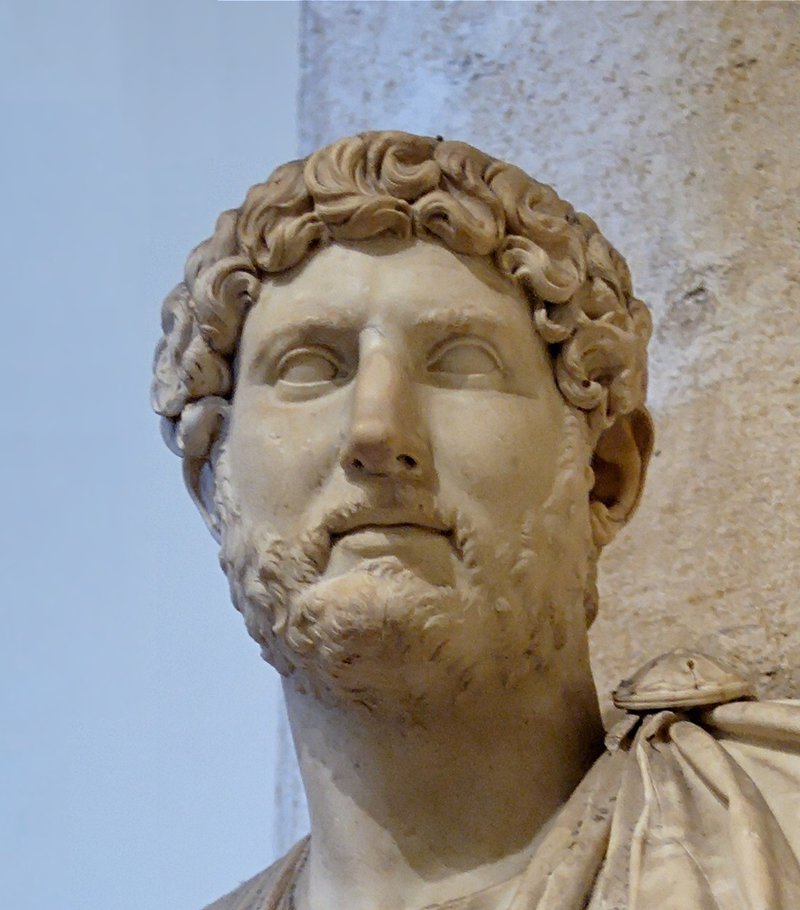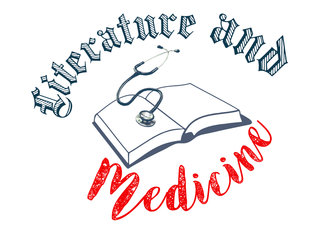medicine & literature
daniel pALOMERAS. GP and writer
Hadrian’s doctors
'I would have liked the profession of doctor; in essence its spirit is not so different from that I have to apply as emperor'
In Flaubert’s words: “Just when the gods had ceased to be, and the Christ had not yet come, there was a unique moment in history, between Cicero and Marcus Aurelius, when man stood alone.” This quote is used by Marguerite Yourcenar in her celebrated 1951 book, Memoirs of Hadrian. Yourcenar devoted much of her life to this work. It takes the form of biographical fiction that the Roman emperor Hadrian addresses to his successor Marcus Aurelius. The book is full of sharp observations on power, nations, love, family, pleasure, war, culture, illness, decadence and, in general, the human condition. Doctors also appear in the narrative. The most significant are Criton and Hermogenes. The first was the physician of Trajan, who Hadrian succeeded. Of Greek origin, he was mentioned by Galen as the author of a work on cosmetics and another on simple medicines. The other, also Greek and mentioned by historian Cassius Dio, was Hadrian’s doctor until his death.
It will be no surprise to lovers of Roman imperial history that these doctors were Greek. A literary explanation for this situation is offered us by Robert Graves in his I, Claudius books, about the Julio-Claudian dynasty. Three centuries before Christ, at the end of the Hippocratic era, medical schools had moved away from Greek cities to the Aegean islands, Asia Minor, the south of the Italian peninsula and, above all, to Alexandria, the Egyptian city that would become the centre of Greek science.
This situation lasted until the decline of the Antonine dynasty, to which Hadrian belonged. I mentioned the Claudian dynasty above, which was established when Augustus defeated Marc Anthony at Actium in 31 AD, the starting point for the empire. Greece and its colonies were already under the control of Rome, but with their culture intact. At that time, Rome was incapable of creating a school of medicine comparable to those of Athens or Alexandria. Medicine in Rome was still all about home remedies, a mix of empiricism and superstition in the hands of slave doctors. Thus the culture of the dominated Greeks was superimposed on to that of their masters. Many Greek doctors came to Rome, perhaps the most famous being Asclepiades of Bithynia, for us a good example of how Greek medicine worked in this era of Roman history.
Returning to Hadrian’s memoirs, Hermogenes appears at the very beginning: “I went this morning to see my physician Hermogenes, who has returned after a long journey through Asia. I had to be fasted for the examination… I lay down on the bed… I will save you the details, which would be as disagreeable for you as for myself… It is difficult to continue being emperor in front of a doctor… This man, despite his subtlety, insists on vague formulas, which are too trivial to convince anyone… I forgive this good servant for his efforts to distract me from death… I will be lucky enough to be the best attended of all the sick, but nothing can exceed the prescribed limits… And I am 60.”
Yourcenar shows Hadrian’s affinity for medicine. As a young man, in Athens, he took a course with a certain Leotychidas. “I would have liked the profession of physician; in essence its spirit is not so different from that I have to apply to my role as emperor. I fell in love with this science that is so close to us and somewhat uncertain.” As an older man, Hadrian returned to the study of anatomy, with a curiosity about the intermediate regions where the soul and the flesh become confused, where life and death exchange attributes. The surgeon Satyr took him to his clinic so he could see the final moments of dying patients. With his master Aspasi, Satyr had made one those pacts that are never fulfilled, in which those who die promise to tell the living what it’s like. Hermogenes did not approve of such experiments.
Soon after, a persistent nasal haemorrhage required the application of snow from the summit of Mount Hermon. The rapid pulse, the forced breathing, the swelling and the paleness led to a diagnosis of hydropsy. The emperor had reached the end: “I no longer get angry with my doctors. We are to blame for the presumption and hypocritical pedantry; they would lie less if they were not so frightened.” However, Hadrian never forgot his desire to take serious classes in medicine: “I know its defects, but a state can only be maintained thanks to them.”
*




